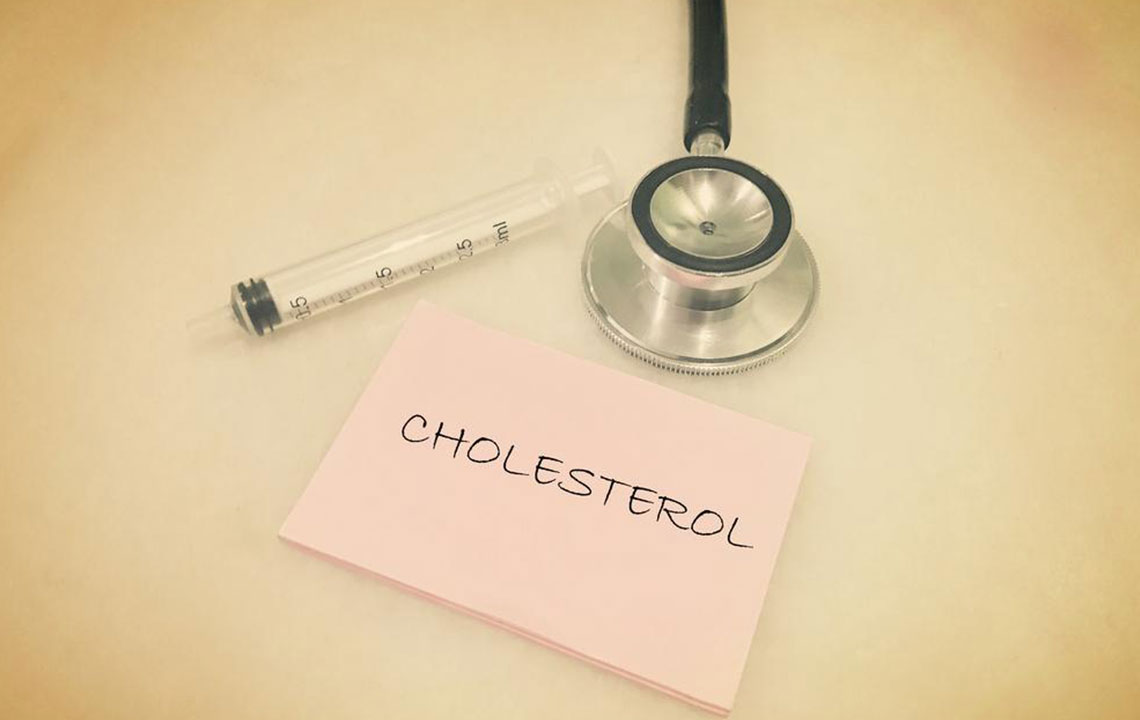Embracing the Mediterranean Lifestyle for Optimal Health
Discover the benefits of adopting a Mediterranean diet for improved heart health, longevity, and overall wellness. Emphasizing natural foods, lean proteins, and healthy fats, this lifestyle promotes better digestion, lower cholesterol, and increased vitality. Learn practical tips to incorporate these nutritious habits into your daily routine for a healthier life.

Embracing the Mediterranean Lifestyle for Optimal Health
Today’s health challenges, like high cholesterol and heart issues, are widespread, with medical studies indicating that the average age for a heart attack is around 42-43 years. Poor eating habits, inactivity, and stressful routines contribute to this alarming trend. Adopting a Mediterranean-inspired diet can significantly counteract these health risks. This diet emphasizes wholesome, natural foods and low consumption of red meat, focusing instead on lean protein sources like fish and chicken. Read on to discover the science-backed benefits and guidelines for adopting this nutritious lifestyle.
Research shows that diets high in red meat and fats are associated with accelerated aging and reduced lifespan, averaging around 27.5 years less.
Here’s why red meat can be harmful –
Muscle decay begins quickly after animal death, and humans, with longer digestive tracts than carnivores, retain decaying matter longer.
Humans have flatter molars designed for grinding, unlike carnivores with sharp teeth for tearing meat, making meat digestion more difficult.
Human stomach acid is significantly less potent than in meat-eaters, further complicating digestion.
Therefore, a Mediterranean diet typically minimizes red meat, prioritizing proteins like fish and poultry, which are lean and nutritious.
The ‘Life Energy Concept’
The Mediterranean approach embodies the “Life Energy Principle”—certain foods carry more vital energy, derived from the sun, stored within plants, fruits, nuts, grains, and vegetables. Consuming these “live” foods allows us to absorb this solar energy directly. This concept, dating back 2500 years to Pythagoras, advocates for a diet rich in fresh, minimally processed foods that promote overall health of the body and mind.
Diet Recommendations
The Mediterranean diet emphasizes common, nutrient-rich foods in their purest forms, including raw fruits and vegetables and lightly cooked dishes. Simple guidelines include:
Choosing high-fiber, non-starchy foods to improve digestion.
Using extra virgin olive oil for cooking to supply healthy fats, while limiting added oils.
Replacing red meat with lean proteins like fish and chicken.
Incorporating fresh fruits such as apples and oranges regularly.
Including vegetables cooked in olive oil, with legumes, potatoes, carrots, and nuts providing antioxidants and healthy fats.
Maintaining low LDL cholesterol levels and boosting vitamin intake by selecting nutrient-dense foods rich in monounsaturated fats.
Eating Tips for Better Digestion
Proper eating habits enhance the benefits of this diet:
Avoid overeating to prevent toxic buildup in the body.
Eat in a relaxed, peaceful environment to improve digestion.
Limit meals to four different preparations to prevent digestive strain.
Allow about four hours for food to digest before eating again.
Adopting this Mediterranean lifestyle promises a delicious, wholesome diet, supporting longevity and well-being.Note:
Our blog offers diverse, practical information based on thorough research. However, readers should view articles as informational and consult professionals for personalized advice. The site is not responsible for data inconsistencies or missed opportunities in offers. Always verify health-related guidance with qualified experts.










